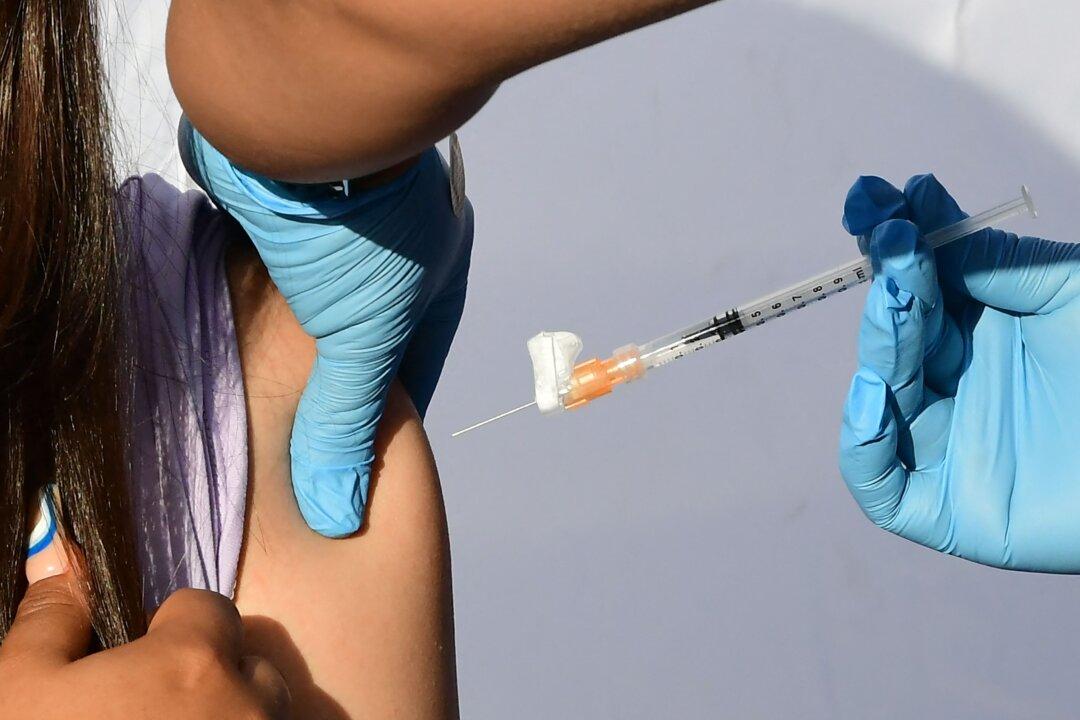U.S. drug regulators have rejected a request to revoke emergency authorization for Pfizer’s COVID-19 vaccine for 12- to 15-year-olds.
“Petitioner has provided no basis to demonstrate that the EUA should be revoked,” Dr. Peter Marks, a top Food and Drug Administration (FDA) official, wrote in a June 17 letter, which was made public on July 21.





